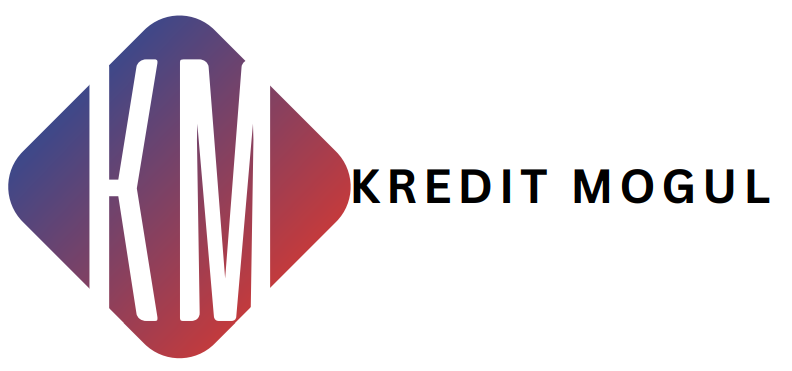1) Q: What are proven ways to improve a credit score?
A: There are several ways to improve an individual’s credit score such as correcting any errors that exist. This includes reporting any inaccuracies, including late payments or defaults. Becoming an authorized user is another good measure, raising your available debt and paying on time, over a long period of time.
2) Q: How does someone maintain their credit?
A: if you have credit cards, keep their balances at or below a 30% utilization rate and remember to pay on time. The same principal goes with installment loans, which is a loan that has a fixed number of payments.
3) Q: What can your excellent credit score do for you?
A: With a high credit score, your chances for loan approval are higher. You can also save money with a lower interest rate that corresponds with lower monthly payments, higher credit limits/loan amounts, more credit card options and all around better borrowing terms.
4) Q: What is a hard inquiry?
A. Credit inquiries occur when a potential lender is reviewing your credit because you’ve applied for credit with them. These include credit checks when you have applied for an auto loan, mortgage, credit card or other credit. Hard inquiries should be limited because each one reduces your credit score.
5) Q: What is a soft inquiry?
A: A soft inquiry usually occurs in cases when a lender or credit card company checks your credit for promotional purposes to pre-approve you for an offer. There is no impact to the consumer’s credit report. Some examples of a soft inquiry are to qualify for auto insurance and for employment purposes.
6) Q: What is credit repair?
A. Repairing credit may be as simple as disputing reported mistakes and/or inconsistencies with the credit agencies. Credit repair may be necessary after an incident of identity theft has occurred.
7) Q: Should I repair my own credit or should I hire a professional?
A. Please hire a professional, especially if you are not aware of the way it works. A trained professional knows that issues to look for on the credit report and ways to make the credit score increase.
8) Q: How does closing accounts affect the credit score?
A. It will drop your score. It’s typically best to leave accounts, especially long-standing accounts, open, even if there is no balance.
9) Q: What is debt consolidation?
A. Debt consolidation rolls high-interest debts, such as credit card bills, into a single, lower-interest payment. It can reduce your total debt and reorganize it so you can pay it off faster and sometimes at a lower rate.
10) Q: What is the difference between being an authorized user and a joint owner?
A. The two arrangements give you each different responsibilities. The credit card account history is reported on both of your credit reports, regardless of who actually uses the account. An authorized user, however, has no legal obligation to repay the credit card debt. However, late payments will affect both credit reports as long as they are both on the account.
The joint owner is liable for paying back the credit card balance with equal responsibility as the primary account holder. The credit card issuer (the bank) can use all legal methods to go after both individuals for payment. Keep in mind that each joint account holder must meet the credit and income requirements to be added to the account and can be denied if the requirements are not met. On the other hand, an authorized user can usually be added to an established account regardless of the user’s credit history.
